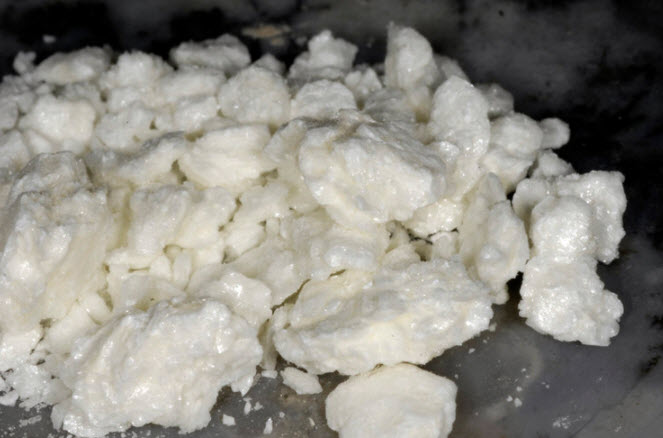As Panama struggles to contain an ever-growing flow of cocaine, a recent operation has revealed the extent to which officials are involved in facilitating the drug trade.
A series of raids, carried out in early September, led to 27 people being detained on charges of trafficking drugs to Europe and the United States. This operation was carried out in collaboration with the US Drug Enforcement Administration (DEA).
Those arrested included acting service members from Panama’s Air Force and Navy, a captain in the presidential guard, and airport security staff, according to Panama’s attorney general, Javier Caraballo. A high-ranking official from the Attorney General’s Office, who acted as a substitute judge, was also detained for allegedly helping the group launder their drug proceeds.
Over the last 18 months, the group was linked to the transportation of five separate shipments of drugs through Panama, the money from which was then allegedly laundered by being injected into public spending programs, although no further details on the scheme were given.
SEE ALSO: Can DEA Dismantle Panama’s Top Gang?
The leader of this ring was identified as Fernando Sixto Mendoza. According to news media, this government official turned drug trafficker was released from prison in 2019 after serving a 15-year sentence. He wasted no time in creating a new network.
According to Panamanian media reports, Mendoza’s network received cocaine from Colombia that arrived by go-fast boats to Farallón, a beach resort on the Pacific Coast southwest of Panama City. The captain of the presidential guard was reportedly in charge of receiving the drugs and transporting them to designated stash points.
Some of the drugs would make their way to Panama City’s Tocumen International Airport where courier workers would hide the drugs among cargo shipments to the United States and Europe.
InSight Crime Analysis
In response to record amounts of cocaine entering the country, Panama has been cracking down on both gangs and officials who facilitate the transfer of drugs from Colombia to the US and Europe.
This was the second large-scale anti-drug operation carried out this year with the help of the DEA. In April, security forces targeted Bagdad, one of the country’s largest gangs, known to be a major transporter of drug shipments.
The raids against Bagdad also revealed corruption among Panamanian police, with the discovery of a list of officers who tipped off gang members about police activity and even provided security for them.
SEE ALSO: Atlantic Entrance to Panama Canal Awash with Cocaine
This second raid completes another piece of the puzzle, namely how security forces, government officials and staff at key infrastructure work together to transport the drugs and launder the illegal income.
Panama has evolved to become a crucial stop along the Central American cocaine highway, with drugs moving through the country by sea, by land and by air. It is, therefore, no surprise that its internal drug trafficking infrastructure would evolve as well.
And the broad cross-section of government, legal and security officials involved in this case points not to isolated bad apples but to active criminal participation inside the Panamanian state.
Get Vaccinated and stay safe!!
